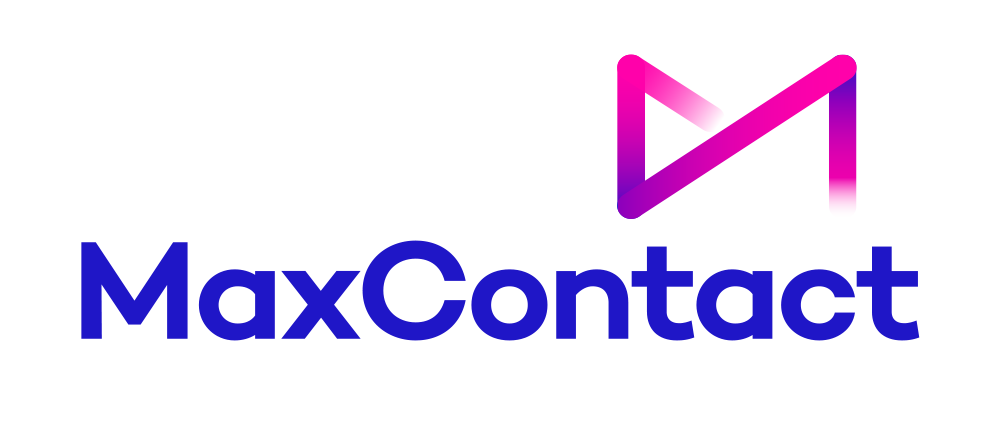What is Speech Analytics?
As a contact centre manager, you should understand the importance of providing exceptional customer experiences while optimising operational efficiency.
In this article, we will explore the basics of speech analytics, its use cases, and how it has transformed contact centre operations.
By the end of this blog, you will clearly understand how speech analytics can empower your contact centre and drive performance to new heights.
Speech Analytics Can Help Improve Customer Satisfaction
As a contact centre manager, you may look for ways to enhance customer satisfaction, simplify operations, and improve agent performance. Speech analytics has become a solution that can address these challenges effectively.
Artificial intelligence (AI), advanced algorithms and speech analytics allow you to gain valuable insights from customer interactions.
These insights can be used to identify trends, detect sentiment, analyse agent performance, and unlock hidden opportunities for improvement.
What will you learn During This Blog?
This article will give you a comprehensive understanding of speech analytics and its transformation in 2023.
We will delve into various use cases that highlight the practical applications of this technology in contact centre environments.
Additionally, you will learn how speech analytics works, the critical components involved, and the benefits it brings to your contact centre operations.
Furthermore, we will discuss the advancements and trends that have shaped speech analytics in 2023, empowering you to make informed decisions for your contact centre.
So, let's dive into the world of speech analytics and explore how it can revolutionise your contact centre operations in 2023!
What is Speech Analytics?
Speech analytics is an advanced technology that uses natural language processing (NLP) and machine learning algorithms to analyse and extract valuable insights from spoken interactions between customers and contact centre agents.
It involves capturing and analysing audio recordings of customer conversations to identify patterns, sentiments, and specific keywords or phrases.
A speech analytics software enables contact centres to understand better customer needs, agent performance, and overall operational effectiveness.
By leveraging speech analytics, contact centres can unlock a wealth of benefits. It allows for identifying customer preferences, pain points, and satisfaction levels.
It helps detect compliance breaches and flag regulatory issues or agent misconduct.
Additionally, speech analytics provides valuable insights into agent performance, allowing targeted coaching and training to improve customer interactions and overall efficiency.
Ultimately, the results it can achieve for clients include improved customer satisfaction, enhanced agent performance, increased revenue, and reduced costs.
How Does Speech Analytics Work?
Setting up speech analytics involves five key steps:
- Data Collection: Audio recordings of customer interactions, such as phone calls or live chats, are captured and stored in a secure database.
- Transcription: The audio recordings are transcribed into text using speech-to-text conversion techniques. This step converts spoken words into written transcripts for further analysis.
- Text Analysis: Natural language processing algorithms analyse the transcribed text, extracting valuable insights, such as sentiment analysis, keywords, and phrases.
- Data Mining and Pattern Recognition: The analysed data is mined, and patterns are recognised. This step helps identify trends, recurring issues, and opportunities for improvement.
- Reporting and Visualisation: The findings from the analysis are presented in user-friendly reports and visualisations, making it easy for contact centre managers to interpret and act upon the insights gained.
How has Speech Analytics Changed?
In 2023, speech analytics has undergone significant advancements, primarily driven by technological innovations. Some of the notable changes include:
- Enhanced Accuracy: Speech analytics algorithms have become more accurate in transcribing and analysing spoken interactions, resulting in higher-quality insights and more precise data-driven decision-making.
- Real-time Analysis: The introduction of real-time speech analytics has enabled contact centres to monitor and analyse customer interactions as they happen. This allows for immediate identification of issues, quicker interventions, and faster resolution.
- Multi-Channel Analytics: Speech analytics has expanded its capabilities beyond traditional voice interactions. It now includes the analysis of interactions across multiple channels, such as email, chat, and social media, providing a comprehensive view of customer experiences.
- Integration with AI and Automation: Speech analytics has integrated with artificial intelligence (AI) and automation technologies, enabling automated categorisation, sentiment analysis, and intelligent routing of customer interactions. This integration further enhances the efficiency and effectiveness of contact centre operations.
How Has AI Changed Speech Analytics?
AI has played a key role in speech analytics. By using the power of AI, speech analytics systems can automatically recognise speech, understand context, and derive meaningful insights from customer interactions.
AI enables advanced features such as sentiment analysis, emotion detection, and intelligent categorisation of interactions based on predefined criteria.
Moreover, AI-powered speech analytics systems can continuously learn and improve over time.
They can adapt to evolving customer needs, changing business requirements, and industry trends.
AI has significantly enhanced speech analytics' accuracy, speed, and efficiency, making it a vital tool for contact centre managers to deliver exceptional customer experiences.
By leveraging AI, speech analytics has become more intelligent, insightful, and capable of driving actionable outcomes for contact centres.
Its integration with AI technologies has empowered contact centre managers to make data-driven decisions, optimise operational performance, and achieve higher levels of customer satisfaction.
Speech Analytics Use Cases
Speech analytics has proven to be a versatile and powerful tool for call centres, offering a wide range of applications. Here are a few notable use cases where speech analytics can make a significant impact:
Use Case 1: Customer Experience Improvement
Speech analytics enables call centres to gain valuable insights into customer interactions, helping to enhance the overall customer experience.
By analysing customer conversations, sentiment analysis can be performed to detect customer emotions and satisfaction levels.
This allows call centre managers to identify areas where customer experience can be improved, such as long wait times, repeated transfers, or agent behaviour that negatively impacts customer satisfaction.
With this information, appropriate action can be taken, including targeted training for agents, process improvements, and personalised customer service approaches.
Use Case 2: Compliance Monitoring and Risk Mitigation
Compliance with regulations and internal policies is crucial for call centres, especially in highly regulated industries. Speech analytics plays a vital role in monitoring compliance and identifying potential risks.
By analysing conversations, speech analytics systems can automatically flag and identify instances of non-compliance or violations.
It can detect inappropriate language, sensitive information disclosure, or regulatory requirements breaches.
Call centre managers can proactively address compliance issues, minimise risks, and ensure adherence to legal and industry standards.
Use Case 3: Agent Performance Optimisation
Speech analytics provides valuable insights into agent performance, allowing call centre managers to identify areas where agents excel or require improvement.
By analysing conversations, speech analytics can evaluate key performance indicators (KPIs) such as average handling time, first call resolution, and upselling effectiveness.
Managers can identify top-performing agents and learn from their best practices to enhance the performance of other agents.
Additionally, speech analytics tools can uncover coaching and training opportunities to address specific agent challenges, leading to improved customer interactions and increased productivity.
Speech Analytics Software With Max Contact
Here at Max Contact, we offer a range of solutions for your business, including speech analytics.
Our speech analytics software will carefully monitor and analyse your interactions and provide you with an overview of each agents performance.
This is ideal if you want to see how your agents are doing. Both positive and negative words or phrases can be highlighted to measure sentiment in the call, which can provide you with an overall view of all interactions.
This can be displayed on live dashboards to make it easy to understand.
If you would like more information on the services we offer or to speak to a member of our team, contact us today. We look forward to hearing from you.
.png)
From the blog






